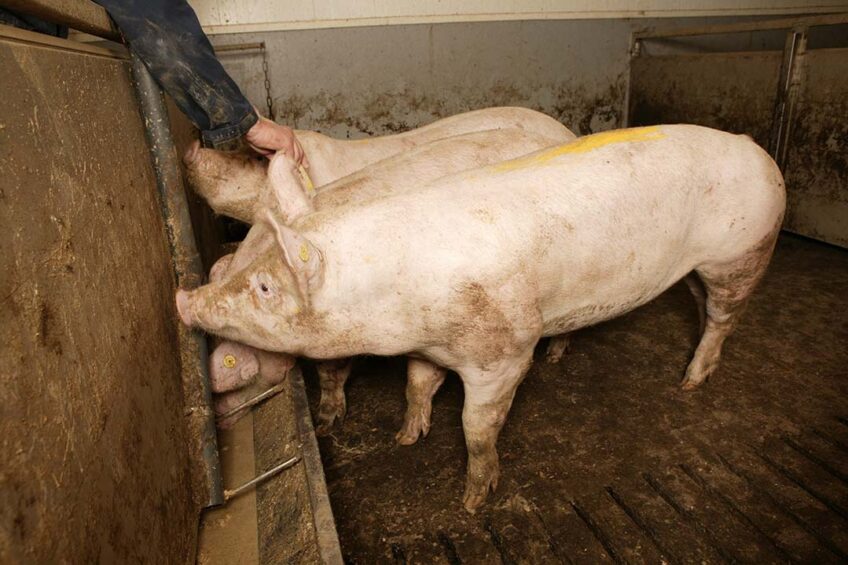Hydrolysable tannins reduce pork lipid oxidation

A team of Italian researchers recently evaluated the effect of dietary hydrolysable tannins on performance and pork quality of finishers.
Tannins are phenolic compounds ubiquitous in the vegetable kingdom with antioxidant and antimicrobial activities. Dietary tannins are used to treat postweaning diarrhoea and nematode parasitism. They also improve gut health. Tannins have no negative impact on pig performance; however, their impact on pork quality remains unknown.
Data collection
The research team selected 20 crossbred PIC × Pi´etrain barrows for this study that lasted 56 days. They randomly assigned the pigs to control and hydrolysable tannins groups. The control group received a commercial pelleted diet for finishing pigs. The experimental group received a commercial pelleted diet supplemented with 11.5 g/kg of commercial hydrolysable tannin extract.
The team recorded feed offer and refusal individually to assess voluntary feed intake. They recorded individual bodyweight fortnightly. After the slaughter, the team determined hot carcass weight and pH. In addition, they collected basal diet sub-samples at the beginning, middle and end of the trial for dry matter, crude protein, crude fat, and ash analyses. The team also assessed fatty acid profile, cholesterol and fat-soluble antioxidant vitamins. Furthermore, they assessed the antioxidant capacity, and the activity of antioxidant enzymes on meat extract. In addition, color parameter, and meat lipid oxidation were measured.
The antinutritional effect of tannins could be counterbalanced by their positive effect on gut health
Impact on performance, carcass traits, and meat cooking loss
Dietary supplementation of hydrolysable tannins had no detrimental effects on average daily gain, final bodyweight, carcass weight and yield, muscle pH, and meat cooking loss. Furthermore, the antinutritional effect of tannins could be counterbalanced by their positive effect on gut health.
Impact on intramuscular fat
Feeding pigs with hydrolysable tannins had no effect on intramuscular fat content, but reduced cholesterol content which would hardly have any implication on the nutritional quality of pork. Probably, the beneficial effect of tannins on gut health modifies the absorption of meat fatty acids.
Impact on meat antioxidant capacity
Dietary supplementation of hydrolysable tannins had no effect on the content of fat-soluble antioxidant vitamins and antioxidant capacity in pork. However, dietary supplementation of hydrolysable tannins decreased the superoxide dismutase activity.
Impact on pork oxidative stability
Dietary supplementation of hydrolysable tannins did not affect backfat and pork color stability, but pork samples tended to be slightly darker which would hardly have any effect on consumer acceptance. In addition, feeding pigs with hydrolysable tannins had a positive effect on pork lipid stability due to their antioxidant activity.
Conclusions
The authors concluded that supplementing finishing pigs’ diet with hydrolysable tannins reduced lipid oxidation in pork with no negative impacts on the organoleptic quality of pork and pig performance.











